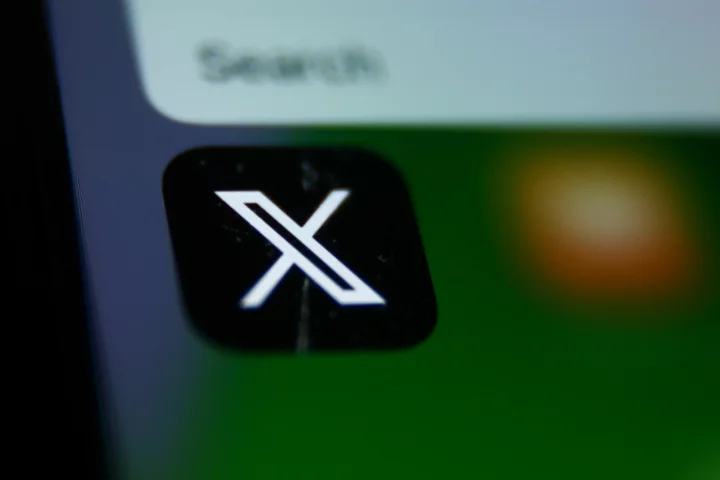X, the platform formerly known as Twitter, used to provide users with an option to report content for "misleading information."
Under Elon Musk, that is no longer the case.
As The Guardian highlighted in its report, digital advocacy group Reset Australia first noticed the removal of the option in the "Report" tool found on posts across the platform. The organization penned an open letter detailing how the removal affects Australians amid an upcoming referendum vote.
SEE ALSO: Twitter/X is killing its Circles featureThe letter concerns Australian users being "unable to report electoral misinformation weeks away from a referendum," its opening line says. The authors say they "know of five separate individuals across Australia who have looked and are unable to report electoral misinformation."
Mashable can confirm that the "misleading information" option formerly used to report misinformation about elections is no longer available in the reporting tool on X. Users can still report content for hate, violence, abuse, spam, and deceptively impersonating another user. However, there is no longer an option to report misinformation.
Mashable did find an out-of-date help page on X, one that still refers to the platform as Twitter, which details how users can use the no-longer functioning option.
"Misleading Info Reporting Flow," reads the X's description of the option on a page titled "How we address misinformation on Twitter." The platform then goes on to outline more details about the "misleading info" option in the reporting tool.
"Some of you can report posts for containing misinformation," it says. "This is currently available in limited testing to some people in Australia, Brazil, the Philippines, South Korea, Spain, and the US, though we are exploring how to expand. These reports are reviewed and acted on independently from other post reporting flows (e.g. for abuse), as this test flow is used to inform our misinformation-related strategy and operations."
However, since Elon Musk acquired Twitter, things have been different from how they use to run on the platform. Along with a complete change of the brand name and getting rid of the old verification system which informed users that a notable individual is actually the person behind the account, Musk has also decided that the platform should take a hands-off approach when it comes to misinformation.
So it appears that X's entire misinformation policy is to just leave the spread of misleading info up to Community Notes, the platform's crowdsourced "fact checking" feature, to deal with.
As TechCrunch points out, however, the European Union has rules concerning misinformation that online platforms must abide by if they want to operate in the EU.
"X, former Twitter...is the platform with the largest ratio of mis/disinformation posts," said European Commission Vice President Věra Jourová in a speech on Tuesday.
And, as reported by The Guardian last week, the Australian Electoral Commission (AEC) has also taken up the issue, since it seems the platform failed to remove posts calling for violence against the AEC in addition to spreading apparent election disinformation. However, the AEC did tell the outlet that X currently provides it with a private method to report disinformation that's not available to the public.









